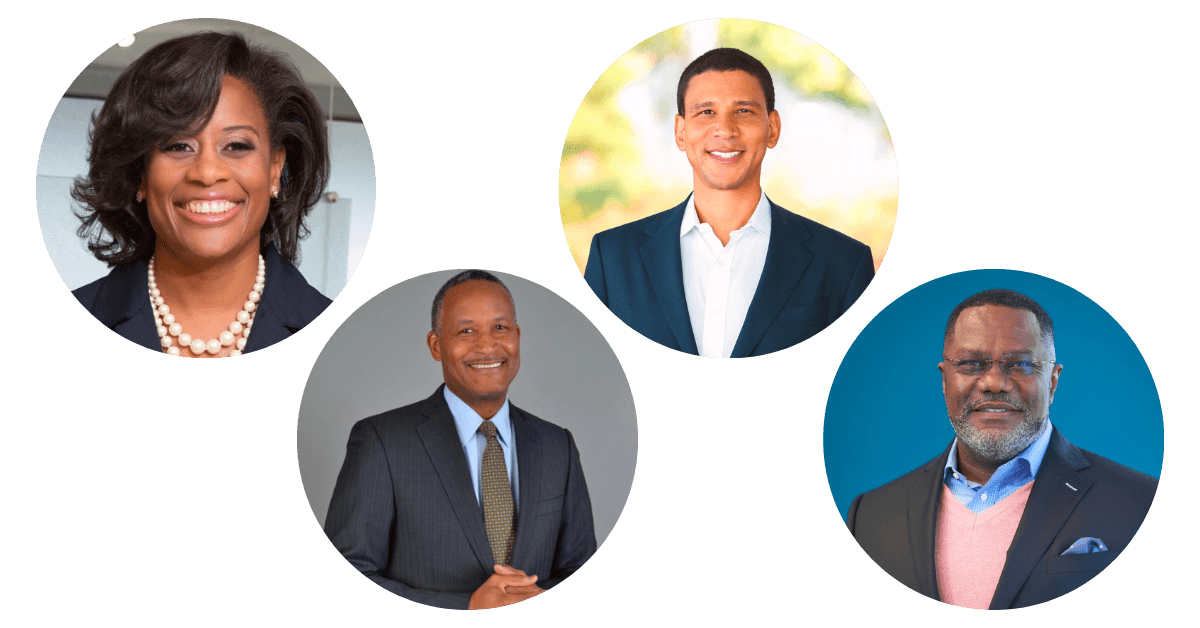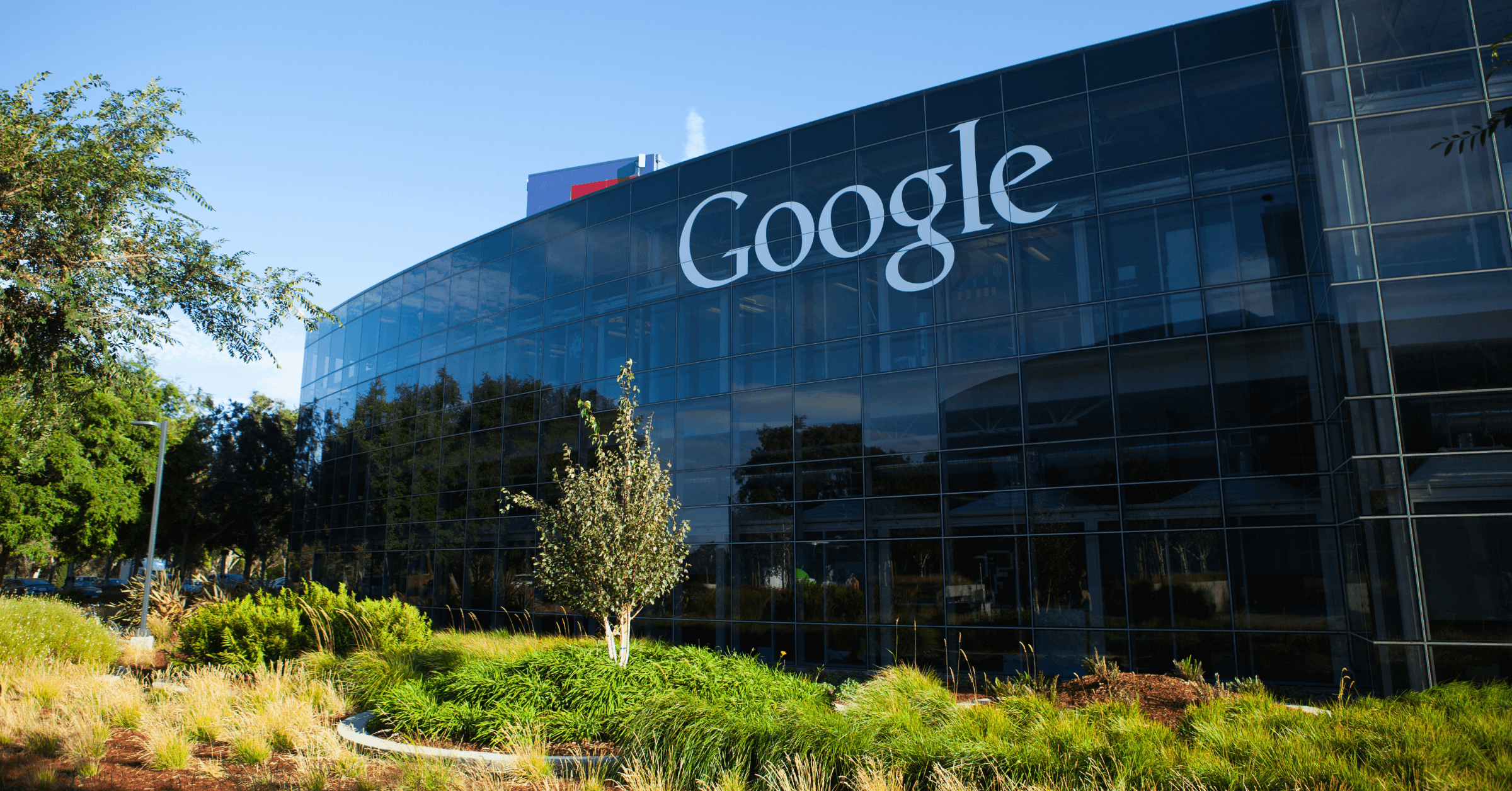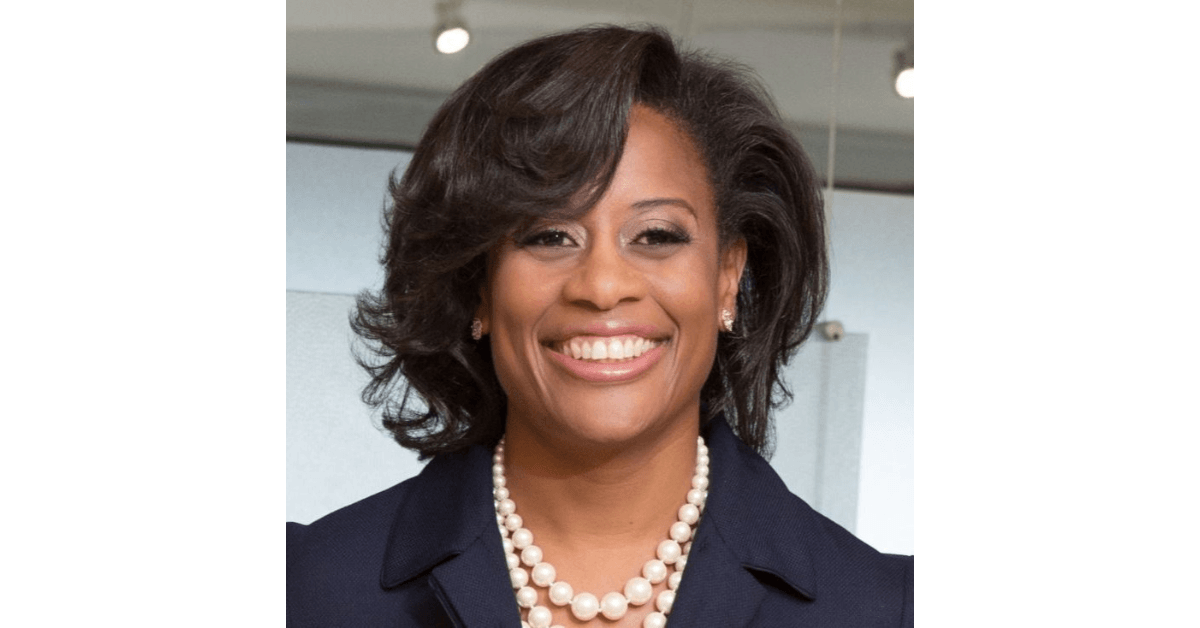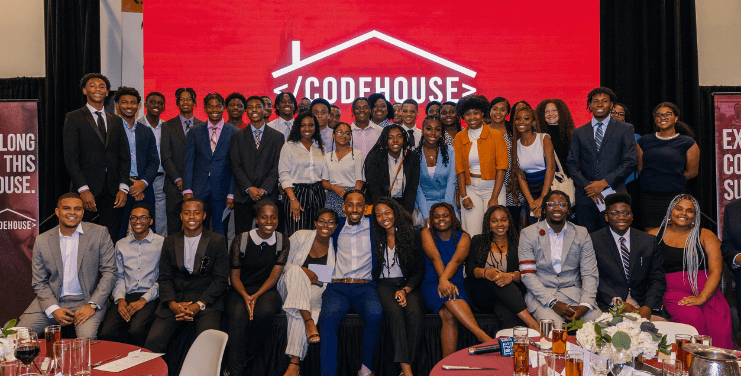KEY INSIGHTS
- Facebook has undisclosed documents that outline how the platform protects the free speech for white Americans more than Black Americans.
- Several Black users are censored or blocked for combating racism.
- Companies’ regulations are in place but don’t have many mandates over hate speech policies.
Technology has reshaped how people learn in daily life. However, studies by Facebook show that algorithms send inappropriate content to Black users with low tech literacy skills in digital problem-solving. Facebook users reported not knowing where information was coming from or how to control it. Big corporations, tech companies and the pandemic amplify the need for improving abilities to use information and communication technologies in Black communities to alleviate racial discrimination and open discussions for digital equity.
Almost 48 million Americans lack digital literacy skills, according to the National Skills Coalition report. Inequitable technology and internet access make the lack of literacy an issue as Black Americans are less likely than white Americans to own a computer or have high-speed internet at home, according to The Journal of Public Public Interest Communications.
According to the 2018 Federal Communications Commission report, digital literacy and the prevalence of broadband infrastructure contribute to gaps in broadband adoption. In a ResearchGate report, many older Black Americans were concerned about digital literacy classes and how some don’t focus on what the attendees want. The participants expressed how they wanted to learn from software like Microsoft Word and Powerpoint to understand their smartphones better.
Internet Service Providers (ISP) report that low-income Black households require more digital literacy — or so the ISPs’ self-reporting data that is not publicly available in the report seems to suggest as they insist that most everyone, especially in urban communities, can connect.
Adequate levels of digital literacy are also lacking in workforce opportunities and training.
Thirteen percent of employed American workers ages 16 to 64 have no digital skills, and an additional 18 percent have minimal skills, according to The 2020 Organization for Economic Cooperation and Development (OECD) Survey of Adult Skills (PIAAC) report. Thirteen percent of Black workers in the report had advanced digital literacy skills, but 17 percent had no digital skills.
Despite the numbers, some of these workers may have fragmented knowledge. For example, workers may be comfortable using a mobile phone to text a photo but not familiar with operating a mouse or uploading a job application. Fragmented knowledge is more apparent among people who only have internet access via their smartphone, but don’t have broadband internet access at home. As a result, workers could be digitally capable in some tasks they use in their daily lives while not advancing in their careers due to a lack of digital problem-solving skills.
Government and private sector organizations are trying to change the digital literacy education system.
The U.S. Department of Education enhanced the National Education Technology Plan (NETP) that flagships educational technology policy documents for the United States. The 2021 NETP development plan is updated from a 2017 version that helped incorporate new developments in education technology and outlines a plan for how school districts can continue to use technology to improve equity and opportunity for all students.
The Office of Educational Technology at the U.S. Department of Education is also working on the Digital Literacy Accelerator. The Accelerator calls upon participants to design, prototype, pilot and refine an educational intervention aimed at helping students and adults learn crucial skills related to strengthening digital literacy. Participants will help develop training for heavy online users to better understand and engage with the information they come across online.
Black professors in different universities are increasing digital literacy discussions and action. The University of Missouri-Kansas City (UMKC) is implementing more writing and digital writing (coding) practices to prepare students for a life in which technology is even further integrated into daily life.
“I discovered literature published by other researchers arguing that coding is a type of writing that may eventually become required for everyday living, similar to conventional reading and writing,” Antonio Byrd, an Assistant Professor of English at UMKC who studies how racially marginalized people find their own access through computer programming, told UMKC Strategic Marketing and Communications. “That made me think about the implications for putting more computer science curricula in schools.”
Brendesha Tynes, an assistant professor of education and psychology at the University of South Carolina (USC), heads the Center for Empowered Learning and Development with Technology at USC Rossier. The university launched CELDTech, in October 2018as a guide to integrating technology in schools that serve Black and Latino kids and is a resource for methodologically rigorous research on these populations.
Continual strides in training Black communities to identify and wield online information will grow digital equity.
Sponsored Series: This reporting is made possible by the The Ewing Marion Kauffman Foundation
The Ewing Marion Kauffman Foundation is a private, nonpartisan foundation based in Kansas City, Mo., that seeks to build inclusive prosperity through a prepared workforce and entrepreneur-focused economic development. The Foundation uses its $3 billion in assets to change conditions, address root causes, and break down systemic barriers so that all people – regardless of race, gender, or geography – have the opportunity to achieve economic stability, mobility, and prosperity. For more information, visit www.kauffman.org and connect with us at www.twitter.com/kauffmanfdn and www.facebook.com/kauffmanfdn.








